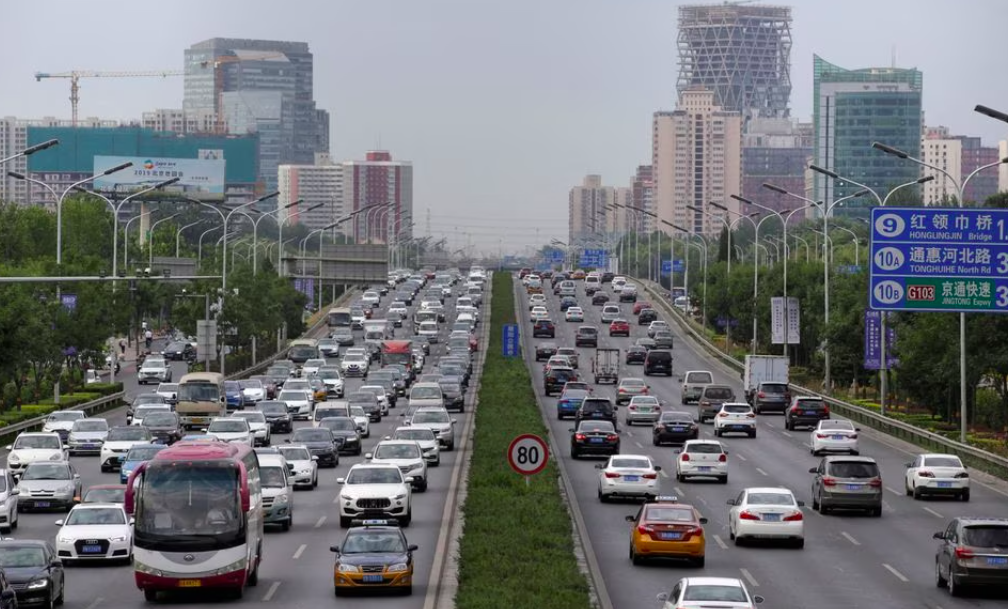SHANGHAI/BEIJING, Feb 8 (Reuters) – China’s passenger car sales slumped 38% in January, reversing a 2.4% gain in the previous month, industry data showed on Wednesday, as demand weakened after a tax cut on combustion engine cars and subsidies on electric vehicles (EV) expired.
Sales of new energy cars that include pure battery EVs and plug-in hybrids also fell 6.3% in January after a blistering 90% growth in 2022, the China Passenger Car Association (CPCA) said.
“New energy car sales in January didn’t meet our expectation, with a rare year-on-year decline in a single month sales,” said Cui Dongshu, secretary general of CPCA in an online briefing on Wednesday.
He said the Lunar New Year and the end of EV subsidies were among the factors leading to the decline.
Chinese people celebrated a full week of the Lunar New Year holiday in the month, making it a quieter January compared with the previous years.
It also decided to end a more than decade-long national subsidy for EV purchases, forcing automakers including Tesla (TSLA.O) to deepen discounts to defend their market shares.
China’s auto market is more reliant on various incentives from local governments to encourage purchases.
Tesla sold 66,951 China-made EVs in January. That was up 18% from December and 10% higher from a year earlier.
Its market share in China’s battery electric car sector rose to 12.5% in January from 9% in December, according to a Reuters calculation.
The U.S. company was the second best-selling EV maker in China last month after BYD Co Ltd (002594.SZ), which shipped 150,164 cars, the CPCA said.
New energy vehicles accounted for a quarter of the total 1.3 million car sales in the month, CPCA data showed, down sharply from 35% in November 2022.

($1 = 6.7830 Chinese yuan renminbi)











